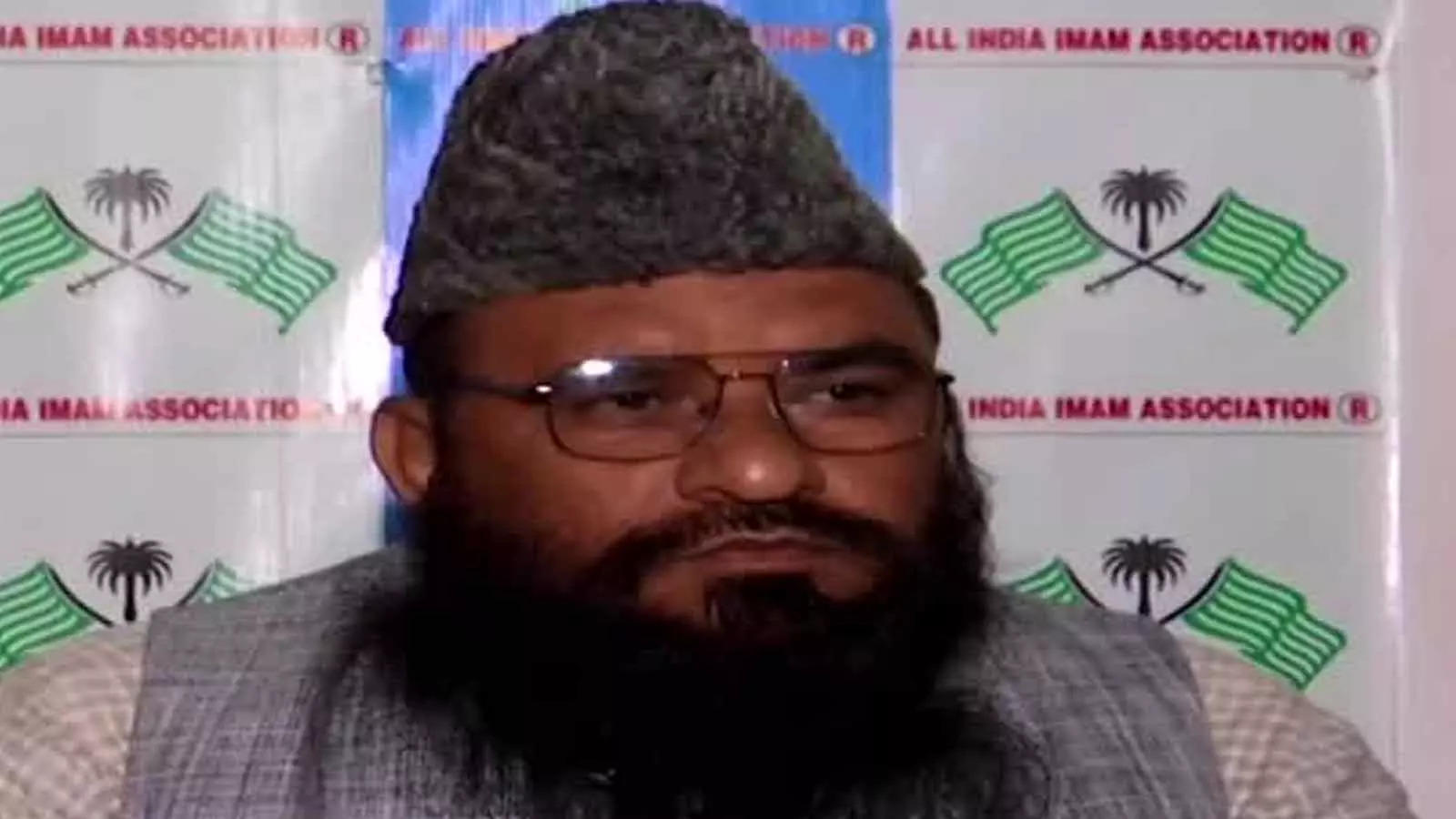The latest claim by Muslim cleric Maulana Sajid Rashidi that he voted for the Bharatiya Janata Party (BJP) in the Delhi elections has sparked widespread debate. His statement, which went viral on social media, has been the subject of discussions across news channels. Given his history of making provocative remarks on various issues—ranging from the Ram Mandir in Ayodhya to the modernization of madrasas—many have questioned the sincerity of his claim. Is this a genuine shift in political preference, or is there a larger political strategy at play?
Rashidi has often been in the headlines for his contentious views. He has opposed to the demolition of the Babri Masjid, criticized dress code restrictions on Muslim women, and even justified Mahmud of Ghazni’s attack on the Somnath temple. Given this background, his endorsement of the BJP has left many skeptical. Some see it as a laughable contradiction, while others suspect it to be part of a broader agenda.
In later television interviews, Rashidi explained his rationale: he wanted to challenge the perception that Muslims unanimously vote against the BJP. He argued that Muslims should support any party that works for public welfare, including the BJP, unless it directly harms their interests. He seemed to acknowledge that some of the BJP government’s policies were beneficial and should not be dismissed outright due to preconceived biases.
The question remains: does Rashidi’s statement reflect a wider shift in Muslim voting patterns? Traditionally, Muslims have been seen as a strong support base for Congress and regional parties like the Samajwadi Party (SP) and the Rashtriya Janata Dal (RJD). However, recent election results suggest that a section of the Muslim electorate is reconsidering its stance.
For instance, in the February 5 Delhi Assembly elections, reports indicate that a small but noticeable segment of Muslim voters shifted towards the BJP. Similarly, in the recent by-elections for nine assembly constituencies in Uttar Pradesh, the BJP secured victories in seven, including several Muslim-dominated seats. This suggests that the narrative of absolute Muslim opposition to the BJP may be evolving.
Under Prime Minister Narendra Modi, the BJP has implemented policies that have had a direct impact on the Muslim community. The abolition of triple talaq, which provided legal relief to Muslim women, was a significant step. Additionally, government welfare schemes—ranging from free ration distribution to housing initiatives—have been implemented without religious discrimination. Some Muslims acknowledge that they have benefitted from these policies and are willing to give the BJP a chance.
However, there are still contentious issues. The BJP’s push for the Uniform Civil Code (UCC) remains a point of contention. Rashidi’s statement supporting constitutional governance raises an important question: if he believes in equality before the law, why would he oppose the UCC, which seeks to establish uniform laws for all citizens regardless of religion? Interestingly, none of the media professionals interviewing him posed this fundamental question.
Whether Rashidi’s declaration was a personal choice, a strategic move, or an attempt to shift political narratives, it has certainly sparked a conversation. If he intended to encourage his community to support governments that ensure good governance, irrespective of party lines, then his statement is a welcome move. However, it also highlights the larger debate on whether political preferences among Indian Muslims are evolving in response to governance rather than ideological divides. Only time will tell whether this is an isolated incident or the beginning of a broader trend.







